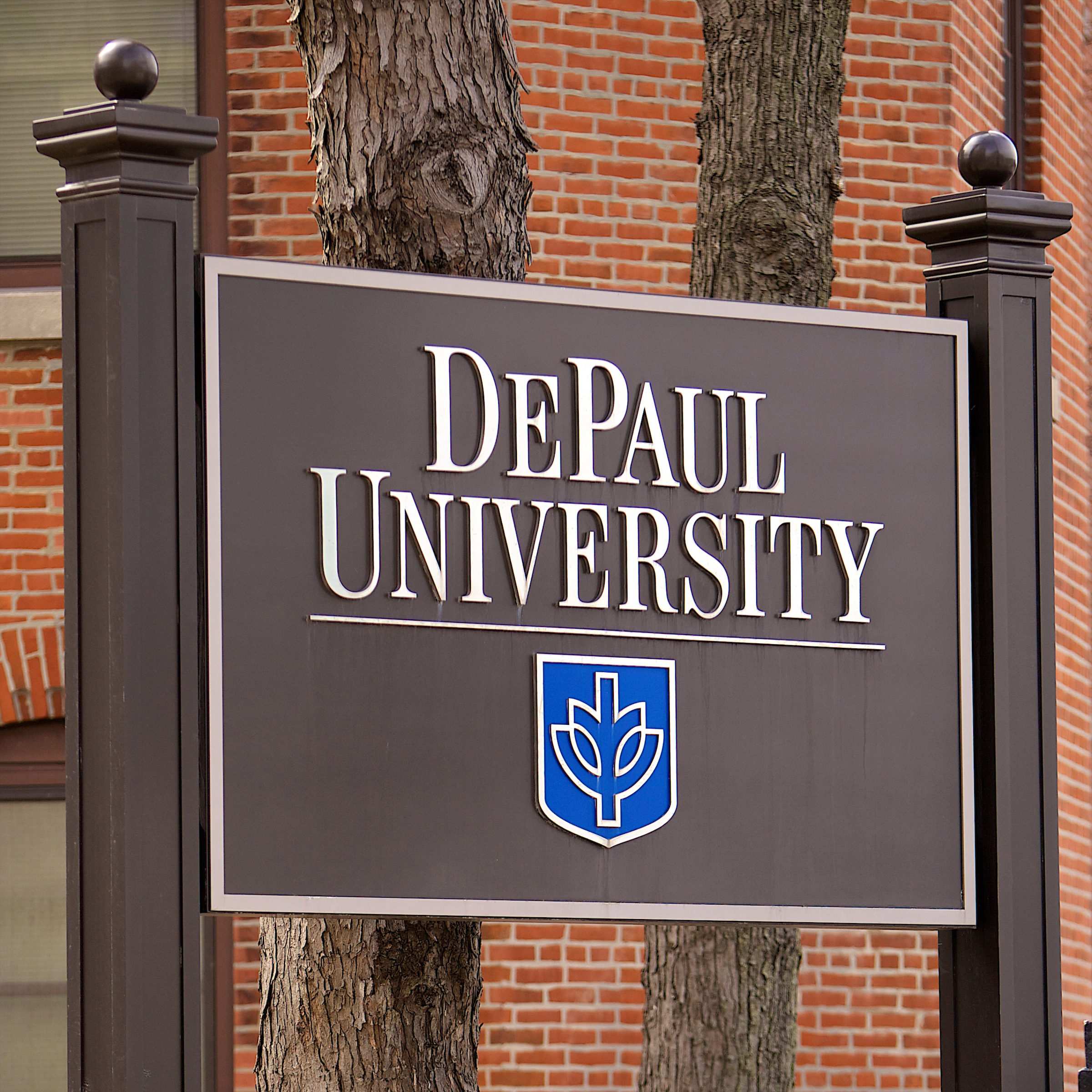 (DePaul University/Jeff Carrion)
(DePaul University/Jeff Carrion)
After a comprehensive, multi-year evaluation, the Council for Accreditation of Counseling and Related Educational Programs (CACREP) announced in late February that it would renew accreditation for the
counseling master's program, housed in DePaul's College of Education, through 2027.
CACREP is the accrediting body that determines the quality of graduate counseling programs. It develops and maintains standards to ensure that counseling graduate students receive the highest-quality education to prepare them for counseling licensure and to work within P-12 schools, universities and communities.
"Having received CACREP accreditation for our program has made the College of Education counseling program one of the best in the region at the present time. Ensuring that we continue to meet their standards is of paramount importance to us," says Mojdeh Bayat, interim dean of the college.
The process to receive CACREP accreditation is extensive and requires more than just meeting the council's minimum standards around core content area offerings, minimum credit areas and clinical training requirements. The council also considers faculty-to-student ratios, faculty professional identity, counseling learning environments
and more.
"The demand for mental health services has increased significantly over the past several years, and it is essential that we prepare culturally responsive counselors to meet the growing needs of a diverse population," says Rebecca Michel, associate chair of the Counseling Program and CACREP liaison for the college. "By receiving CACREP accreditation, this ensures we can continue to provide not only high-quality training to counseling students but also leadership within the mental health field."
Many counseling and College of Education faculty and staff members worked on the process of accreditation, says Alexandra (Sasha) Novakovic, an associate professor of counselor education.
"The counseling program has been working toward this honor for over 10 years. CACREP accreditation adds another layer of accountability to ensure that our students are well prepared to serve as counselors, advocates and leaders in a culturally diverse, global community," she says.
Counseling program community leading the way
Members of the counseling program community provide leadership in many ways. In addition to her leadership positions on campus, Michel serves as editor of the Journal for Employment Counseling, while associate professor Darrick Tovar-Murray, the counseling program's academic unit leader, is an associate editor of the Journal of Multicultural Counseling and Development. Additionally, associate professor Melissa Ockerman has served on White House convenings and participated in Oxford roundtables to make policy recommendations.
The counseling program's influence is also exhibited through student and alumni success at both the state and national level. Mia Anderson, a current DePaul counseling student, was named the Illinois Student Counselor Association Graduate Student of the Year in 2022. In addition, two DePaul counseling alumni have been honored as the American School Counselor Association (ASCA) National School Counselor of the Year: Kirsten Perry in 2018 and Brian Coleman in 2019. This award is the highest-ranked honor for school counselors across the nation.
"The counseling program embraces the notion that Chicago is our classroom and shares a deeply rooted commitment to equity, social justice and community engagement," says Michel. "We have developed long-standing partnerships with
Chicago Survivors,
Cara Collective and Chicago Public Schools. Through these partnerships, and in collaboration with the Steans Center, counseling students engage in service learning to apply what they are learning in the classroom and serve people within disinvested communities in Chicago."
An example of the counseling program's work in the community comes from this past year, when, in helping to address the refugee mental health crisis, assistant professors Autumn Cabell, Okenna Egwu, Carlos Medina and Deanna Burgess worked with counseling students to provide group counseling for Afghan refugees at the
Muslim Women's Resource Center.
Connecting with the university mission
Full CACREP accreditation will allow the counseling program to better collaborate with other groups around the university, says Michel.
"As chair of the DePaul Health Committee, I have seen the need for a multipronged and systematic approach to supporting wellness and mental health at DePaul," Michel says. "This accreditation will help us connect better with faculty and staff in psychology, nursing, social work and other fields to develop interdisciplinary mental health services and culturally responsive mental health care at this critical time."
Receiving national recognition confirms the program's mission is working, says Tovar-Murray.
"The counseling program's mission is 'to enhance the quality of life in society, promote respect for human dignity, and support diversity.' We have diverse faculty and students who are committed to the core Vincentian values of justice, service and leadership. The counseling faculty also demonstrate Vincentian personalism in their work in urban and international communities," he says.
DePaul offers a counseling master's degree with specialty areas in clinical mental health counseling, school counseling, and college counseling and student affairs. For more on the importance of CACREP accreditation, check out this recent
Forbes Advisor article.
Russell Dorn is a manager of news and integrated content in the University Marketing and Communications division.